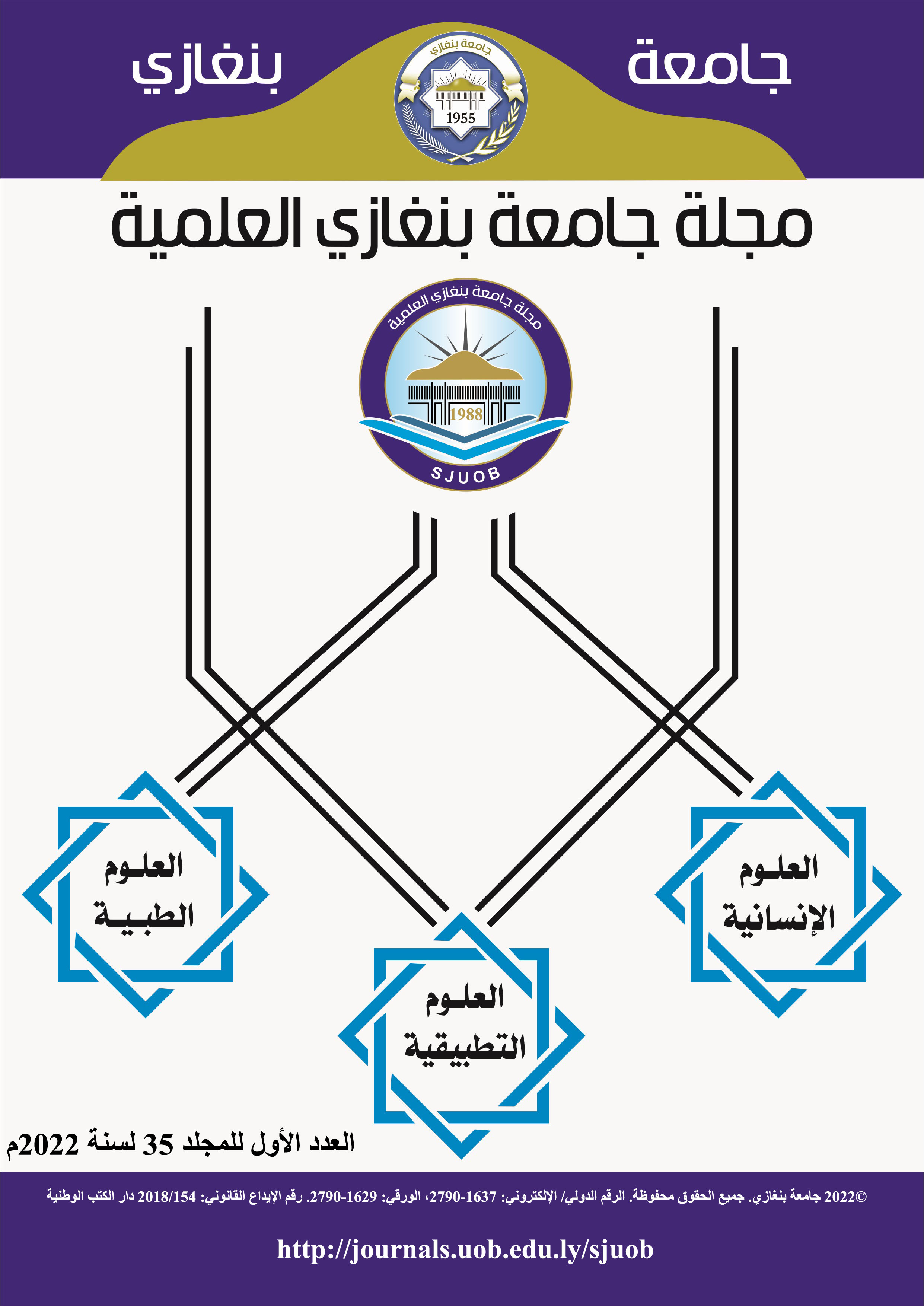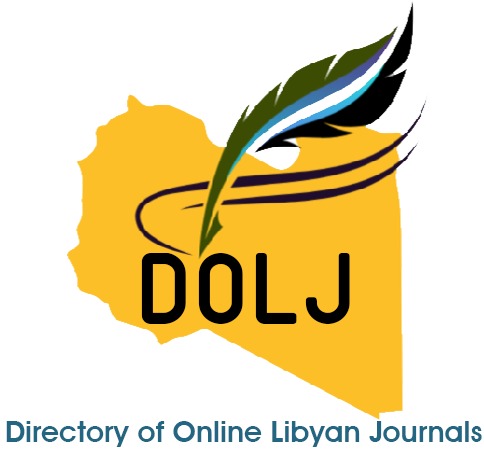Delayed Cochlear Implantation in Children: A Parental Survey
DOI:
https://doi.org/10.37376/sjuob.v35i1.3268Keywords:
age, children, cochlear implant, early intervention, hearing loss, neuroplasticity.Abstract
Background: Untreated childhood hearing loss can adversely affect speech and language development as well as academic, social, emotional, and behavioral development. Early cochlear implantation before the age of 4 years, within the critical period for central auditory development, was found to be crucial in reducing the negative impact of auditory deprivation and appears to provide better outcomes than late implantation.
aim: The aim of this study was to determine the reasons behind late cochlear implantation in children with congenital severe to profound sensorineural hearing loss.
Methods: A retrospective study was conducted on all cases who received cochlear implants at Specialty Surgical Center, Benghazi, Libya between October 2017 and June 2021. Patients' medical records were reviewed and demographic and clinical data were collected. Children with other disabilities, and post-lingual and post-meningitis implantees were excluded from the study. Information about the reasons for the delay in receiving cochlear implants was obtained over the phone from parents whose children underwent cochlear implant surgery beyond the age of 4 years.
Results: A total of 74 children were included, 38 boys and 36 girls. The mean age at implantation was 47 months. Forty-one percent (41%) of children were implanted after 4 years of age. Two-thirds of these children live outside Benghazi. Most of the children had at least one risk factor for hearing loss. The majority of parents reported more than one reason for the delayed implantation.
Conclusion: It is found that parent decision-making for cochlear implantation is difficult and affected by many factors, including their personal beliefs (denial, social stigma and fear of surgery), lack of awareness about the existence of cochlear implant technology, and financial constraints. It is recommended that a national newborn hearing screening program is established for early detection and intervention and cost-effectiveness.
Downloads
Downloads
Published
How to Cite
Issue
Section
License
Copyright (c) 2022 The Scientific Journal of University of Benghazi

This work is licensed under a Creative Commons Attribution-NonCommercial-NoDerivatives 4.0 International License.



















